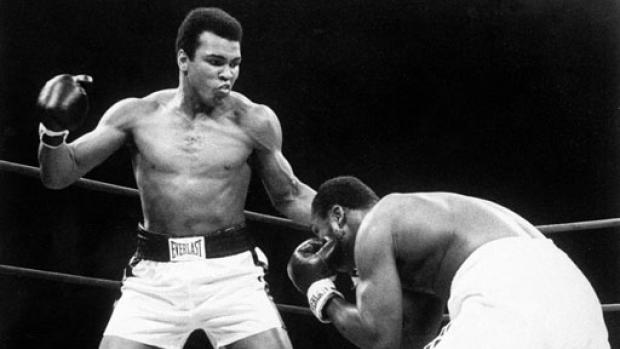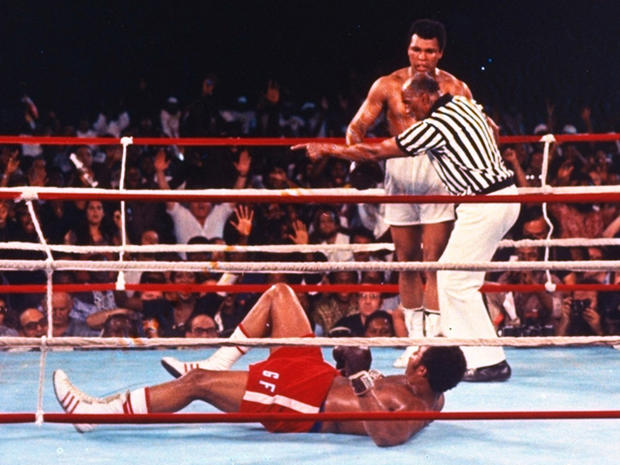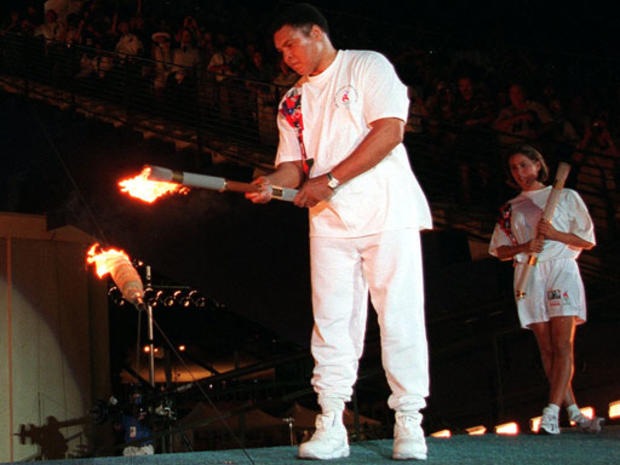Muhammad Ali: In his own words
"Who's the greatest? Who's the greatest?"
The ring. Four hundred square feet of canvas. This was the first arena ruled by Muhammad Ali.
"Never make me no underdog, and never talk about who gonna stop me!" Ali told the world after defeating Sonny Liston in 1964 to become the world heavyweight boxing champion. "Nobody gonna stop me, not a heavyweight in the world gonna stop me."
That brash, magnetic kid out of Louisville, already defined by an endless array of superlatives: Fast. Powerful. Electric. Even playful. A stunningly beautiful, relentlessly poetic champion.
"It's hard to be humble when you're as great as I am," Ali boasted.
He overwhelmed. At ringside, fight fans shook their heads in awe.
This was the arena that showcased the most brutal of men. But he was so much more than just a fighter. And so that canvas stood no chance ever confining, or defining, Muhammad Ali.
"He who is not courageous enough to take risks will accomplish nothing in life," he said.
Ali was a champion, an icon and an activist.
''I don't have to be who you want me to be," he said after the Liston fight. "I'm free to be who I want."
He spoke in ways an athlete had never dared to before about things far removed from the world of sports.
"I got nothing against no Vietcong," he told reporters when he refused to be drafted in 1966 during the Vietnam War.
And he said it all with a voice the world came to know and embrace -- as powerful as any punch he ever threw. That voice, that never wavered, as Ali stood for what he believed.
"Hating people because of their color is wrong. And it doesn't matter which color does the hating. It's just plain wrong."
From Louisville to Kinshasa, New York to Manila: the whole world was his. He said he could hitchhike around the globe and always get a ride, always be welcomed and adored.
From the crowds in the street to the greats of our time, everyone wanted to be near the champ, the "Sportsman of the Century", the greatest of all time.
"Impossible is just a big word thrown around by small men who find it easier to live in the world they've been given than to explore the power they have to change it. Impossible is not a fact. It's an opinion. Impossible is not a declaration. It's a dare. Impossible is potential. Impossible is temporary. Impossible is nothing."
And when Parkinson's finally came for him, it stole that voice from us. But those eyes never dimmed. That voice will always be his -- and now ours, for all time.


